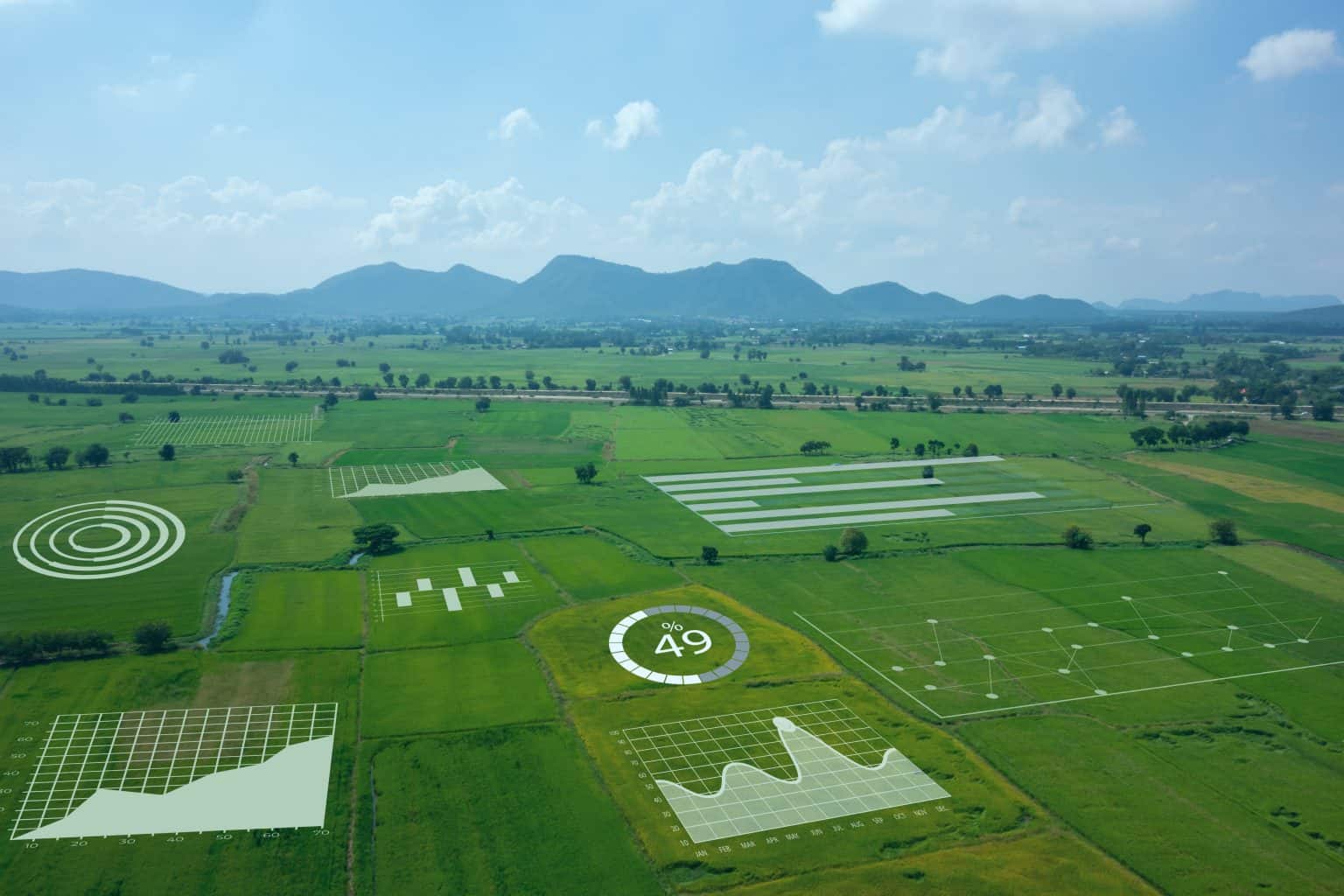WA Farm Data Sharing
WAFDS Industry Partner Brings Fresh Perspectives
WA Farm Data Sharing (WAFDS) team and Food Agility CRC are pleased to welcome AxisTech as an official partner to assist with grower data digitisation and management.

The future of ag is a digital one
Whether you have adopted tech solutions as part of your farm business, you’re in the process, or it’s something of consideration, technology and data is becoming increasingly utilised in solving real on-the-ground, farming challenges.
As an example, DPIRD and GGA have been working on a farm data sharing project utilising existing farm data to solve challenges around liming and soil acidification.
In support of this, WA Farm Data Sharing (WAFDS) team and Food Agility CRC are pleased to welcome AxisTech as an official partner to assist with grower data digitisation and management.
AxisTech is a Western Australian agrifood tech solutions provider with a focus on whole-of-business data and IoT devices and has worked with DPIRD and GGA on a number of projects over the past 5 years.
WAFDS project lead, Dr Adam Sparks recognised that AxisTech, has built trusted relationships with growers across WA.
“If the work we do is to be useful, it needs to be something that growers can trust and find easy to use,”
“We’re able to work closely with an industry partner that is closely aligned with the project’s objectives, to benefit farmers by making better use of their data,” he said.
“AxisTech is well known with grower groups in WA and actively involved in the digital ag tech space.”
Dr Sparks says onboarding trusted partners like AxisTech to the WAFDS means the team can gain growers’ perspectives from new and different angles as the project is developed.
“Getting tech partners on-board early in the process helps us as we develop the model ensuring that it is something that they, the tech partners, can easily work with, which in turn makes it easy for the end-users to use the models,”
“The industry tech partners have a different perspective on the needs of farmers and bring these to the project so that we have a wider range of experiences to draw from,” Dr Sparks said.
AxisTech Managing Director Wes Lawrence agreed with Dr Sparks, advocating the importance of understanding the growers on ground realities, needs and concerns.
“AxisTech is highly invested in farm data and supporting the integrity, control and utility of farm data for growers. Data is social and requires control, trust and fairness and this is of particular importance to growers,” he said.
“The WA Farm Data Sharing Project is a project where grower considerations are at the core of how data is handled and exchanged,”
“We have been actively working with growers to support their use and reuse of data using the FAIR data principles to make data fair and FAIR (Findable, Accessible, Interoperable and Reusable),” Mr Lawrence said.
So what does it mean for the progression of the WAFDS to have AxisTech onboard?
Dr Sparks says one of the significant challenges for growers when it comes to data management (and most things for that matter) is time.
“Data exists in many formats that are not digitised and working with this data can be very time consuming,”
“For a project like this to succeed, it’s important to have a tech partner involved that can help with ingesting non-digital data,” he said,
“AxisTech brings technical know-how and support for growers in getting more insights and value from their data,” Dr Sparks said.
Mr Lawrence said AxisTech and GGA were working hard to engage growers early.
“Our role in this project is to firstly engage growers and then take them through the initial phases of the project commencing with data mapping; assessing data sources, locations, data structures and forms and existing data flows,”
“Once we have developed the data map, we can then digitise, standardise and ingest that data into a grower owned data store within the AxisStream data management platform so that it can be shared into the WA Farm Data Sharing project,” he said.
How does this impact growers?
Mr Lawrence says the WAFDS liming model is a great demonstration of how growers can use and reuse their data.
“Liming optimisation is a really important soil ameliorant activity, however, it is costly and the benefits are only demonstrated over time,” he said.
“This project will shed some light and visibility on what the return over time could look like to support their liming strategies,”
“Acidification of soils is a significant challenge for the grain belt so it is great to be able to work with data driven decision making to help with this challenge,” Mr Lawrence said.
He went on to say AxisTech were hopeful their involvement in this project would lead to assistance in solving agricultural issues at scale.
“We are expecting to see some clear value propositions around use and reuse of farm data and we are excited about the utilisation of scientific tools (e.g., Monté Carlo simulation models) in helping to solve real on-the-ground farming challenges.”
With the first farm in the process of generating the model’s first liming report, and two more lined up, Dr Sparks says he’d like to see more early adopters get involved to make the greater vision possible.
“There are two more farms lined up to have reports generated for them, from there we will scale up to provide 21 farms with liming strategy reports before the end of the project in 2024,” he said.
You can be part of making this happen. The WAFDS project is still accepting groups and individual growers as part of the early adopter community. Suitable growers will receive a whole-of-farm liming strategy report.
Contact Alison Lacey at GGA .
